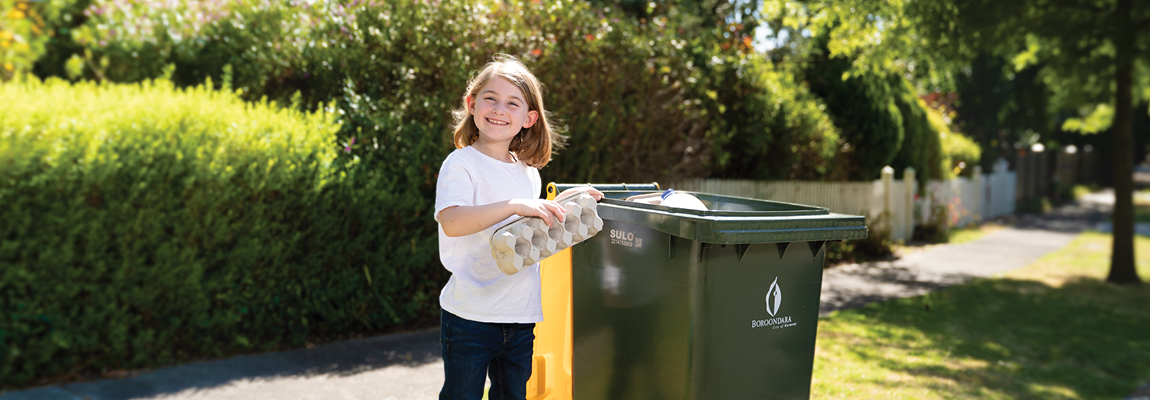
The way we all reduce and dispose of waste is changing. Here’s a snapshot of what you need to know.
Recycling right
Placing the wrong items in recycling bins contaminates other items, making them more difficult and expensive to sort and process. That’s why it has never been more important to recycle right.
We also now have a new recycling contractor, Solo. Their trucks have cameras that show drivers the contents of each recycling bin before it’s emptied. Drivers will place a tag on your bin letting you know if there is any contamination and how you can get it right next time. (If contamination continues, your bin may not be emptied until the issue is rectified.)
We’re here to help you recycle right, so learn more about the top contamination issues in Boroondara below. You can also check out our A to Z recycling and waste guide.
Alternatively, contact one of our friendly waste education officers who will be more than happy to help you by emailing [email protected] or calling us on (03) 9278 4444.
Our 4 most common recycling contaminants
Please don’t put these in your recycling bin.
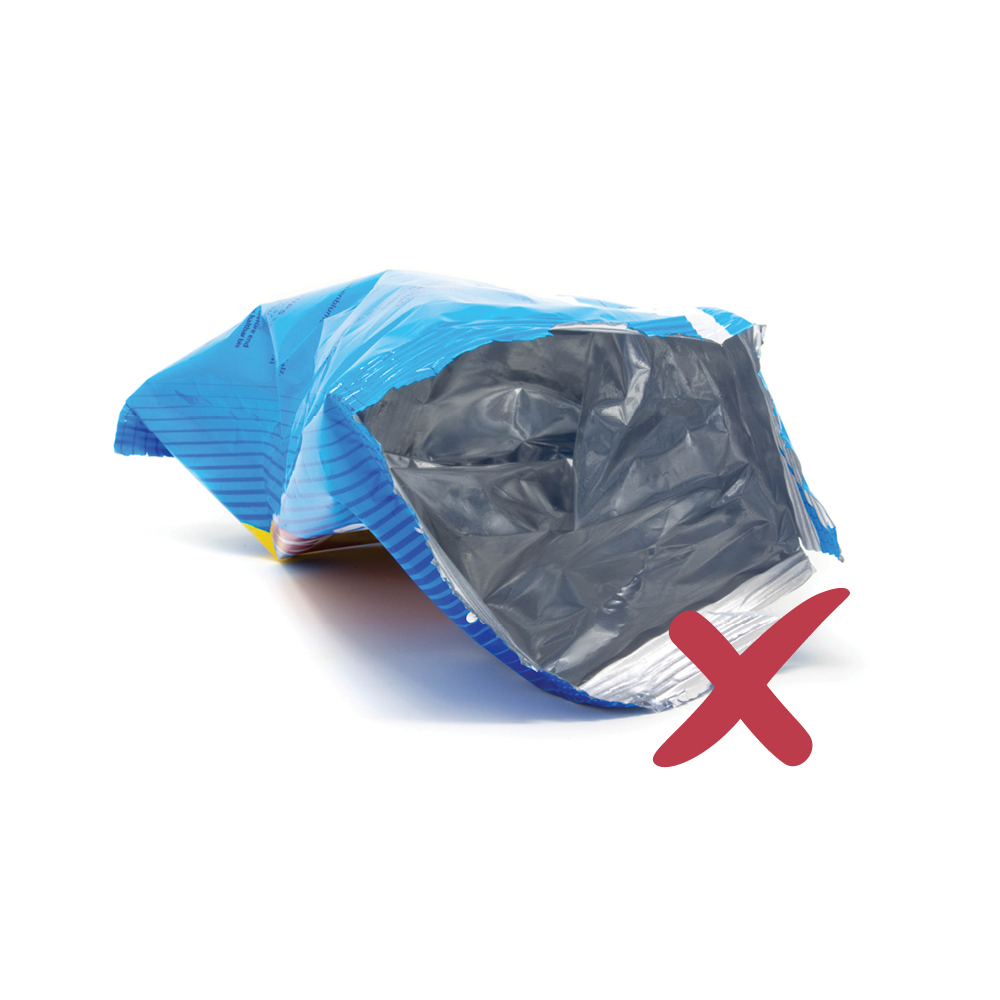
Soft plastics
This includes any plastic that can be easily scrunched up in your hand. Place only hard plastics in your recycling bin.
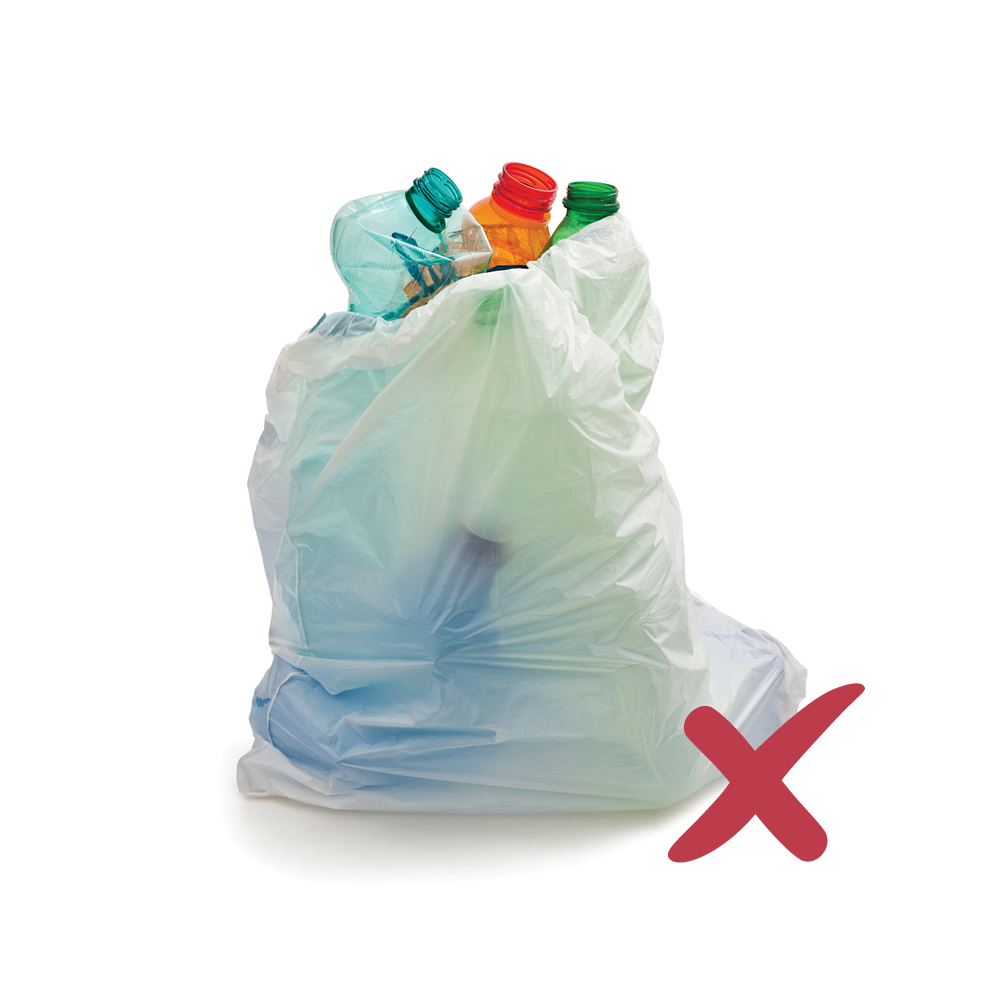
Bagged recycling
Please don’t place your recyclables in plastic bags. You can collect your recycling in a box and empty the loose items into your recycling bin.
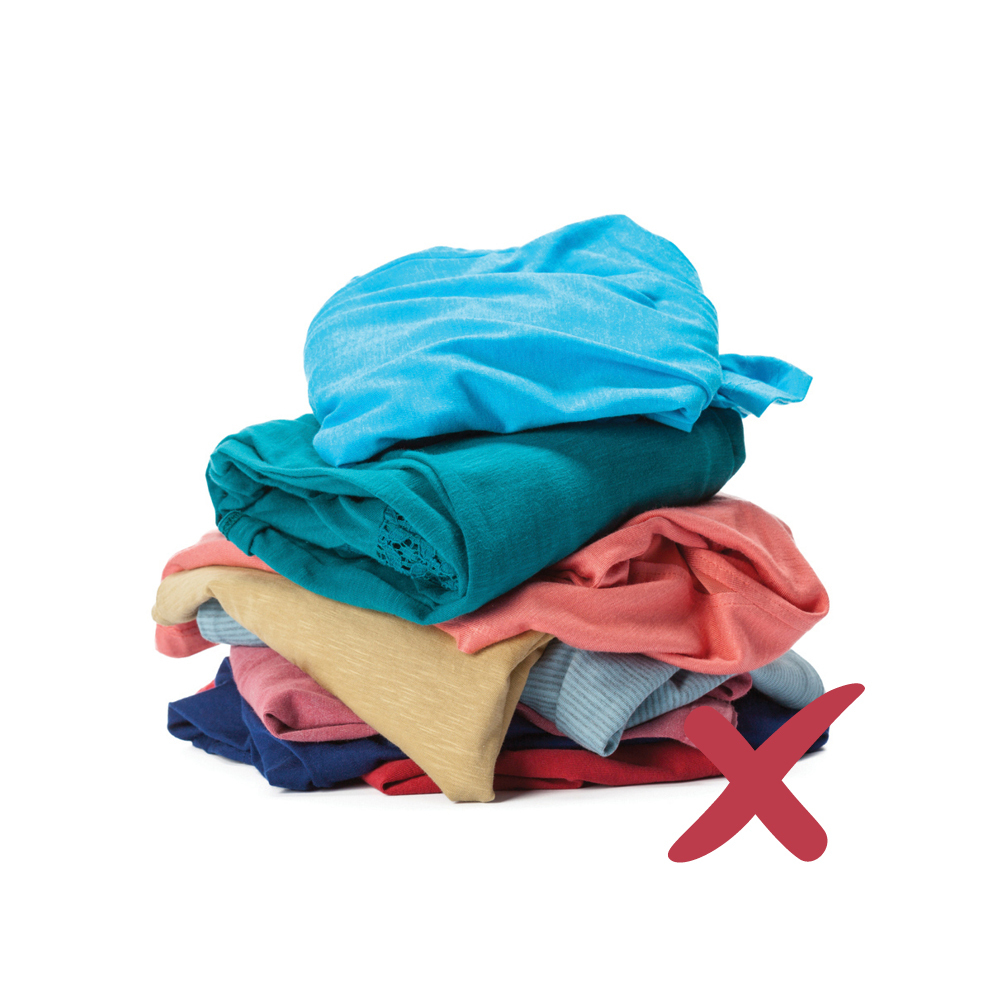
Clothing or textiles
Turn clothing or textiles into rags at home, or if in good condition consider donating them to charities or op shops.
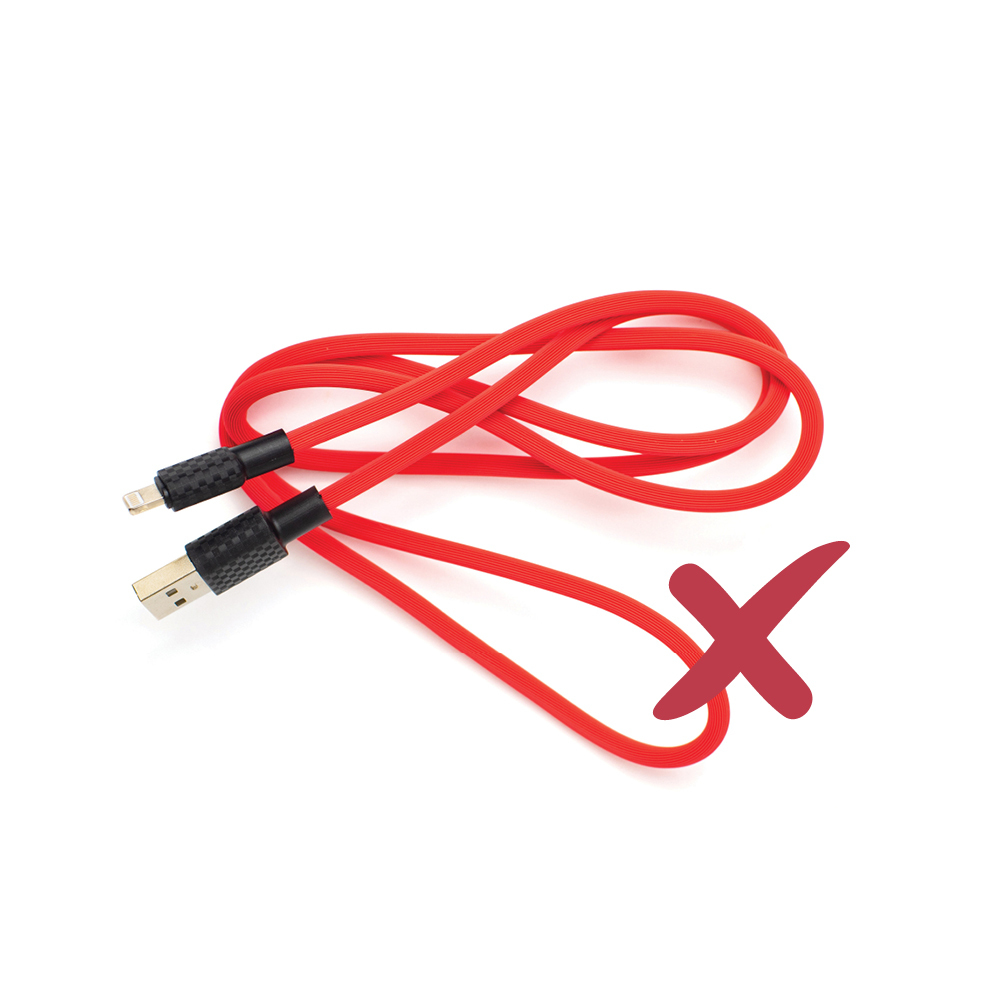
E-waste
Electronics can’t be placed in any kerbside bin because they are fire hazards. Take them to our Boroondara Recycling and Waste Centre instead.
REDCycle update
REDCycle’s soft plastic collection is on pause. While they work to find a long-term solution, we encourage you to:
- avoid soft plastics as much as possible by using reusable bags and containers for goods you buy
- store soft plastics you use in your home, if you have space
- dispose of soft plastics in your household waste bin or as waste at our Boroondara Recycling and Waste Centre (waste fees apply) if you don’t have space to store them.
Single-use plastics
The Victorian Government is banning the sale or supply of single-use plastic items across Victoria from 1 February. This includes plastic items such as:
- drinking straws
- cutlery
- plates
- drink stirrers
- polystyrene food and drink containers
- cotton-bud sticks.
Single-use plastic straws will remain available for people who need them due to a disability or for medical reasons.
According to the Victorian Government, single-use plastics make up a third of the litter seen in the environment, with this ban aiming to reduce plastic pollution. You can find more information about the ban on the Sustainability Victoria website and on the Victorian Government website.
Plastic-free businesses
From May to late November 2022, we ran a plastic-free business pilot program with 18 food and hospitality businesses in Camberwell. Through dedicated support, the program helped these businesses reduce and remove single-use plastic items and replace them with reusable or sustainable options.
The pilot was successful, with the businesses achieving impressive outcomes and making changes to best suit their needs, including:
- removing more than 76,500 pieces of single-use plastic
- learning how to ensure they’re compliant with the Victorian Government single-use plastic ban, with most businesses becoming compliant well ahead of February
- eliminating plastic straws, cutlery, water bottles, drink cups/lids, takeaway containers and more
- trialling and sourcing sustainable alternatives, and switching to reusable items such as glass for those dining in
- encouraging customers to reduce their use of disposables and bring in their reusable items, such as cups, containers, and bottles.
You can support their achievements by shopping locally. Remember to take your reusable items with you when buying food and drinks, including things like reusable bags, containers, cutlery, cups, and straws.
To find out more, and to access resources for business owners, visit our Plastic free businesses page.